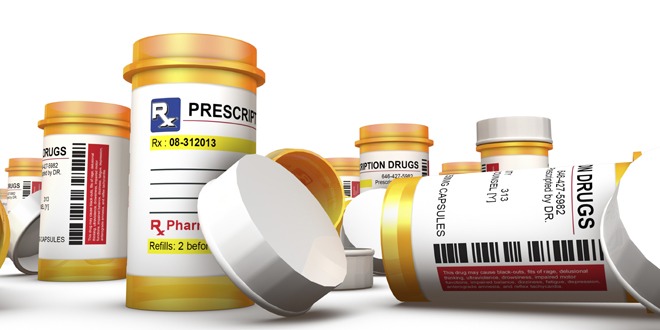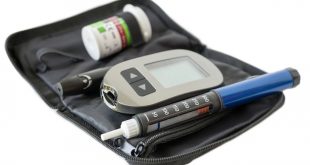People with diabetes often need to take a number of medications, not only for their diabetes but for associated conditions such as high blood pressure (hypertension), high cholesterol (elevated lipid levels) and, in some cases, for other chronic illnesses. When a new medication is started or an existing one is stopped, it’s important to ask your healthcare team, “Are there any significant drug interactions that could affect my overall health?”
There are three main types of drug interactions associated with medications prescribed for people with diabetes:
- Medications that interact with oral diabetes drugs
- Medications that affect blood glucose levels
- Medications that interact with drugs that control hypertension and lipid levels
It would be impossible to provide a comprehensive list of drug interactions in this blog post. However, some common drug interactions are listed here.
Let’s start with medications that interact with oral diabetes medications. (For more information about oral medications, click here.)
Sulfonylurea drugs
The sulfonylurea drug gliclazide does not have significant drug interactions, but glyburide (Euglugon®, Diabeta®) and glimepiride (Amaryl®) are known to interact with antifungal medications (fluconazole), antibiotics (cotrimoxazole and rifampin), amiodarone, phenobarbital and warfarin. Some interactions cause blood glucose levels to go lower, while others cause blood glucose levels to go higher. As well, the efficacy of the interacting medication can be affected. For example, when warfarin is added to the medication regimen of someone who is taking glyburide or glimepiride, the body is less able to break down the oral diabetes medication; this can cause hypoglycemia. On the other hand, when glyburide/glimepiride is started in someone who is taking warfarin, it may build up in a person’s body, increasing their risk of bleeding.
Meglitinides
When the meglitinide drug called repaglinide (GlucoNorm®) is combined with gemfibrozil (Lopid®, a drug that lowers cholesterol and triglyceride levels), people can have a higher risk of hypoglycemia.
Thiazolidinediones (TZDs)
The TZD rosiglitazone (Avandia®) does not have any significant drug interactions. However, pioglitazone (Actos®) interacts with gemfibrozil and the antifungal medications, fluconazole and ketoconazole, causing blood glucose levels to go low. When pioglitazone is combined with phenobarbital, rifampin or primidone, blood glucose levels may go high.
Alpha-glucosidase inhibitor
If acarbose (Glucobay®) is taken with digoxin, it may decrease how much digoxin your body absorbs. If it is taken with warfarin, it may increase how much warfarin your body absorbs.
How should I manage drug interactions?
When you start taking a new medication – or when an existing one is stopped – ask your healthcare team what effect it can have on your diabetes, or any other health condition you may have. You can also ask how you should alter your blood glucose monitoring, if there are any signs or symptoms of drug interactions, and what to do if you experience them.
Stay tuned for future blog posts on other types of drug interactions.
 Diabetes Care Community Learn, connect and care
Diabetes Care Community Learn, connect and care




